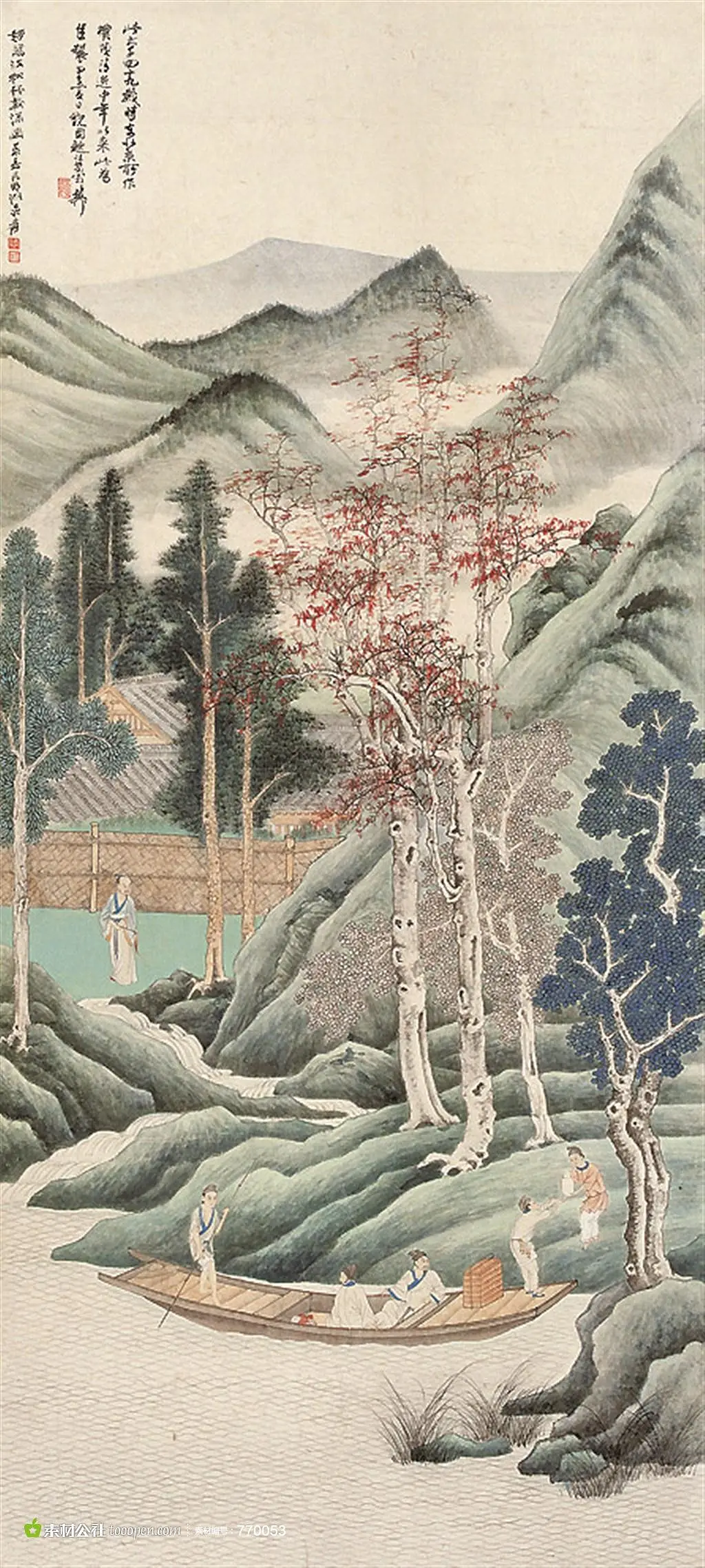Inquisitive Emperor Jin Wu engaged Shu Shu Lang, a learned official named Zhi Yu Zhong Qia, in a discussion about the peculiar tradition of gathering at Qu River on the third day of the third month. Zhi Yu Zhong Qia shared a curious anecdote from the Han Dynasty, where a villager named Xu Zhao, facing a tragic loss of three newborn daughters, initiated a communal practice. The villagers, seeking to ward off misfortune, gathered at the river, cleansed themselves, and sent wine cups downstream—an origin story that left the Emperor less than thrilled.
Enter Scholarly Sojourn’s Bundled Xi, who offered a deeper historical perspective. He related the tradition to Duke of Zhou’s water journey during the establishment of Luo City and the Qin Dynasty’s unique encounter on the third day of the third month, involving a prophetic golden figure emerging from the river. This figure presented a sword, foretelling imperial control over the Western Xia—a revelation that turned the location into Qu River.
Emperor Jin Wu, impressed by the historical depth, rewarded Zhi Yu with fifty catties of gold and appointed him as the magistrate of Chengyang. Thus, the quirky chronicles of Qu River continue to fascinate with ancient mysteries and unexpected turns.
Original story in 《齊諧記》:
晉武帝問尚書郎摯虞仲洽:「三月三曰曲水,其義何旨?」答曰:「漢章帝時,平原徐肇以三月初生三女,至三曰俱亡,一村以為怪。乃相與至水濱盥洗,因流以濫觴,曲水之義,蓋自此矣。」帝曰:「若如所談,便非嘉事也。」尚書郎束晳進曰:「摯虞小生,不足以知此。臣請說其始。昔周公成洛邑,因流水泛酒,故逸詩云:羽觴隨波流。又秦昭王三月上巳,置酒河曲,見金人自河而出,奉水心劍曰:令君制有西夏。及秦霸諸侯,乃因此處立為曲水。二漢相緣,皆為盛集。」帝曰:「善。」賜金五十斤,左遷仲洽為城陽令。
🎨《秋林載酒圖》張大千


Comments are closed.